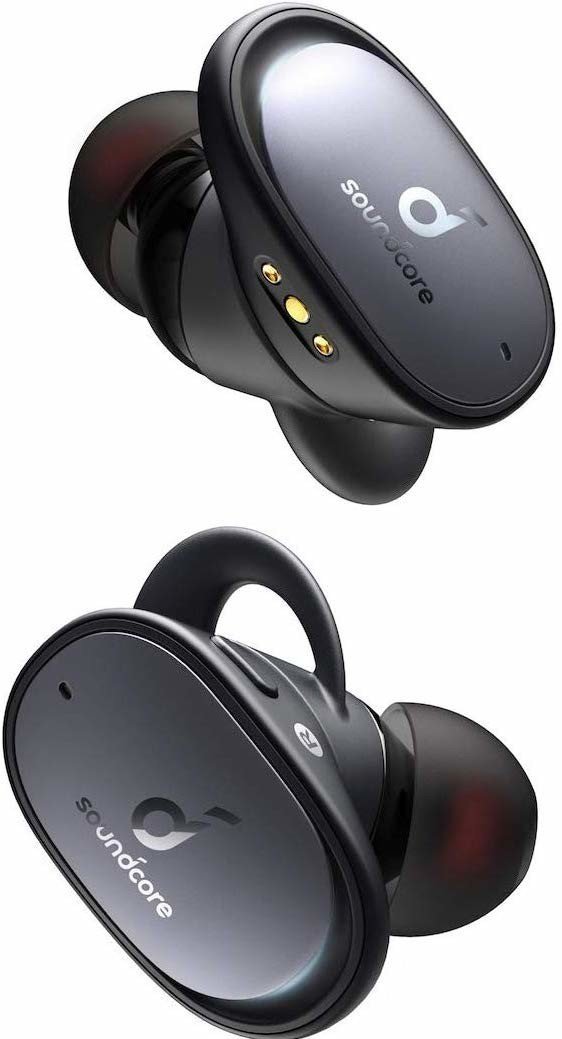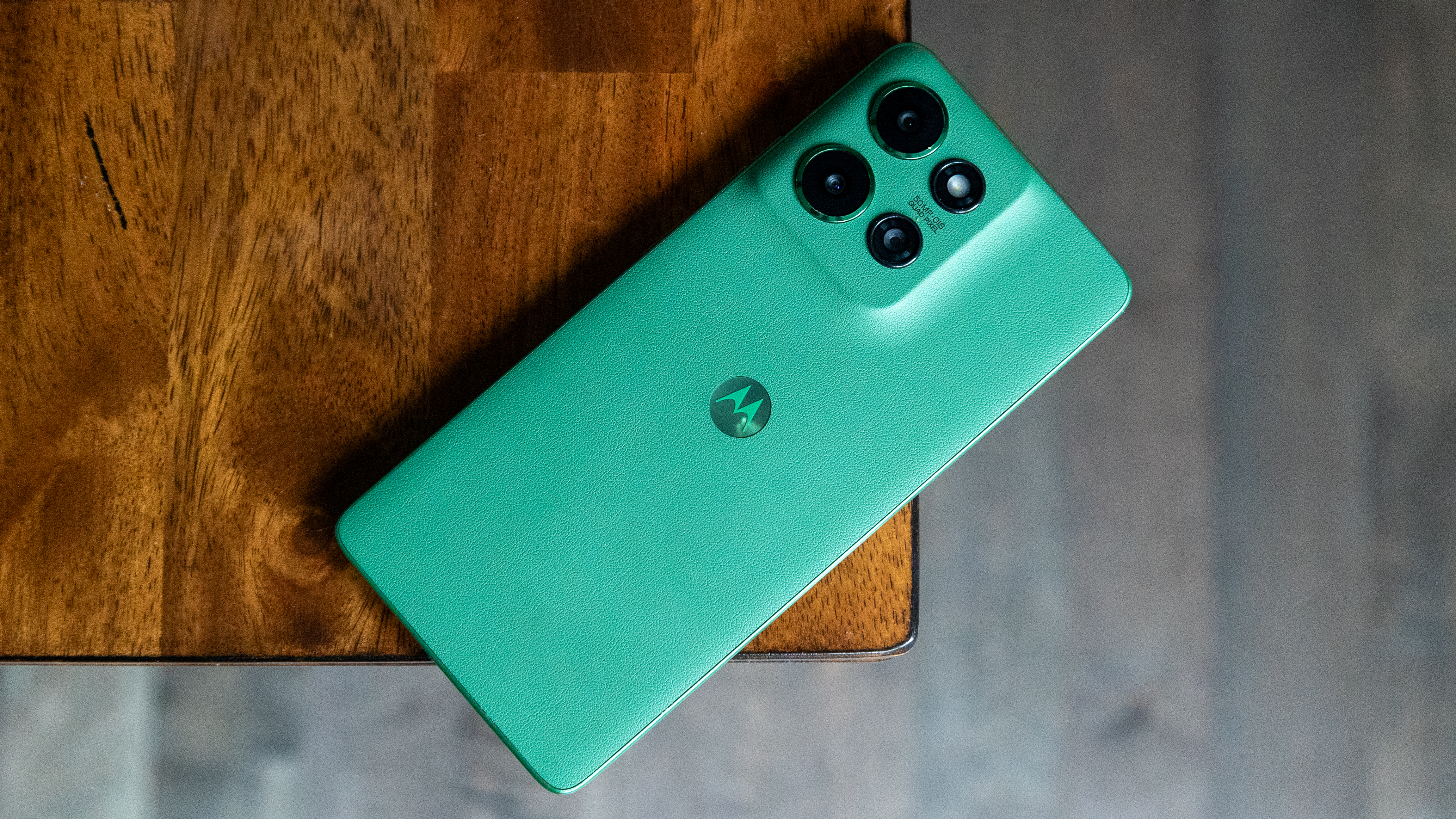Bluetooth headphones can sound worse than wired ones, but they don't have to

I consider myself an audiophile, which means I have an unhealthy addiction to headphones. A few years ago, I would have never used a pair of Bluetooth headphones because of the loss of sound quality compared to a wired pair was too much for my ears to handle. Bluetooth headphones will never sound as good as the best wired headphones, but things have improved so much that now I own several pairs.
There are two things that make a set of Bluetooth Headphones sound awesome, and both are important — one doesn't do much good without the other. Those two things are the internal DAC (Digital to Analog Converter) and its amplifier, along with the streaming audio codec. Huge advancements in both are what have made the difference.
The DAC is the hardware
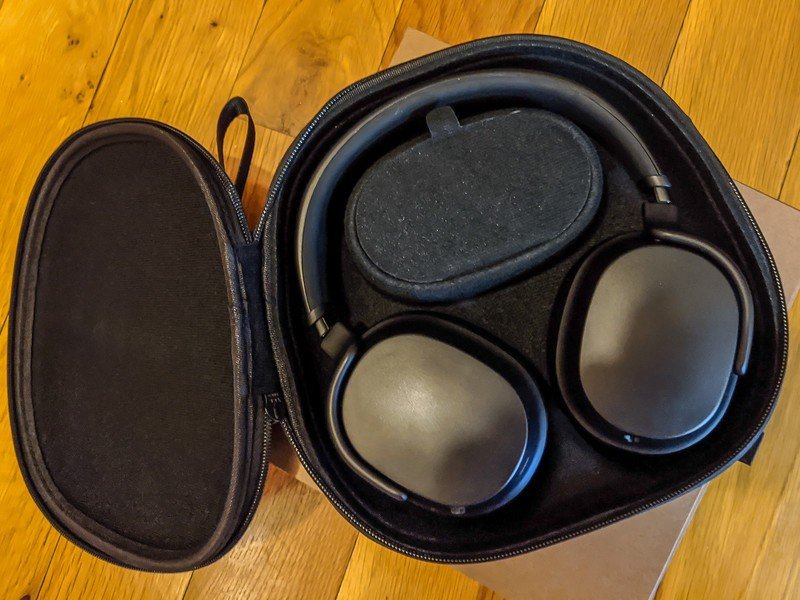
Speakers, even the small ones inside a pair of headphones, can't make a soundwave our ears can hear using a digital audio file. Most music is stored digitally, though, so something has to convert it from digital to analog. That's the DAC.
Everything that plays digital audio has a DAC and an amp inside of it.
Your phone has a DAC and amplifier, but it doesn't work over Bluetooth because you send the sound information to the headset digitally, so your Bluetooth headphones also have a DAC and amplifier inside. Any wireless device that can make sound, whether it be headphones, a speaker, or even an Amazon Echo, has to have an onboard DAC and amp.
It used to be that Bluetooth headsets had the cheapest DAC and amplifier available, and no engineering went into isolating the circuit to prevent interference from the rest of the electronics. That's important because if something like the power circuit is able to cause electrical noise, you can hear it. It's like the hum you hear in a cheap car stereo, and it's horrible if you notice it.
You need quality parts, but quality engineering is more important.
This engineering is incredibly important if you want high fidelity audio. When a DAC converts a signal, it sends it to the amplifier, because on its own, that signal would be too weak to drive a speaker. Because of the space available, you won't find any fancy amplification methods inside a pair of headphones; instead, there's a transistor-like circuit embedded on a circuit board. This amp has to be built to match the input amplitude to the right output level to prevent clipping and distortion. After that, then it needs to be electrically isolated.
It's technical and complicated, but all you need to know is that manufacturers of Bluetooth headphones have done a lot of work to make headsets that use high-quality equipment and engineering talent to make Bluetooth headphones sound really good.
Get the latest news from Android Central, your trusted companion in the world of Android
The codec matters
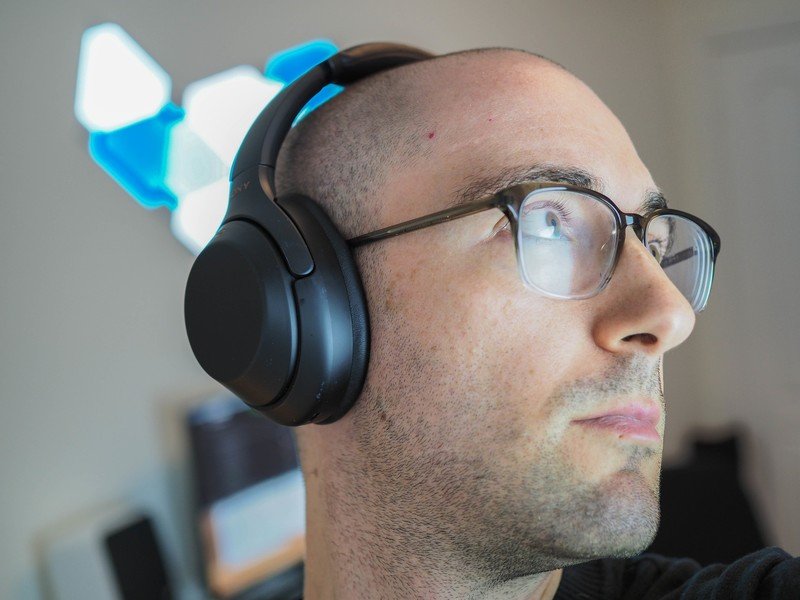
Bluetooth is complicated when it comes to profiles and codecs. Thankfully, the days of phone call-only earbuds are gone, and manufacturers have settled on adding everything you need for stereo audio. But while we don't have to worry about finding a pair of Bluetooth headphones that support the A2DP and AVRCP profiles (I told you it was complicated), if you want the best sound, you still have to buy a pair that support HD codecs.
A codec is an encoder and a decoder, and how it works is super complicated.
A codec is an encoder and decoder. A machine somewhere took a master recording and converted it into an audio file using an encoder, and your Bluetooth headphones' hardware turns it into the sound you can hear using the DAC and amp we talked about above. But Bluetooth doesn't have a very high transmission rate, so audio files are compressed at the source even more and decompressed when the stream reaches your headphones. The "software" that controls this is known as the codec.
There are four codecs that are important enough to look for the next time you buy a set of headphones — and your phone has to have support for them, too! They are aptX, aptX LL, aptX HD, and LDAC.
- aptX is a proprietary audio codec developed in 2010 because the default Bluetooth stereo codec was really bad. The aptX codec can deliver CD-quality audio (16-bit/44.1kHz) over a Bluetooth stream.
- aptX LL is a version of the aptX codec designed for low-latency. It sacrifices a little quality in exchange for latency as low as 32 milliseconds, so it appears instant. This is important if you play a lot of games and need audible clues when they happen.
- aptX HD is a version of the aptX codec that uses newer and better compression and higher transmission rates (24-bit/48kHz), so your audio sounds almost as good as an expensive pair of wired headphones. Most people won't notice audio at any higher quality, so with a well-built circuit inside your headphones, this will sound perfect.
- LDAC is an audio codec developed by Sony to deliver "true hi-resolution audio" over Bluetooth. It transmits a signal at a maximum of 24-bit/96kHz at 990kpbs. Android natively supports LDAC, but you'll find few manufacturers other than Sony sell headphones that support it.
We'll toss out the aptX LL codec because its biggest advantage is the elimination of a few milliseconds of audio lag, which is important for gamers but not so much for listening to music. The other three codecs can be ranked by quality like so:
- aptX sounds really good to most people and is a huge step up over the default Bluetooth stereo codec.
- aptX HD sounds even better, and most people won't notice any higher quality.
- LDAC can send more data at once so it can deliver quality even higher than the rest. Your phone supports it, but you'll need to buy Sony headphones to use it.
For most people, any of these three Bluetooth audio codecs will sound great — even aptX, which is the "lowest" quality. If you want audiophile-like quality, you'll want aptX HD or LDAC. But remember, both your phone and your Bluetooth headphones have to support the same codec to make a difference. You'll find this information in the specs of either.
What really matters
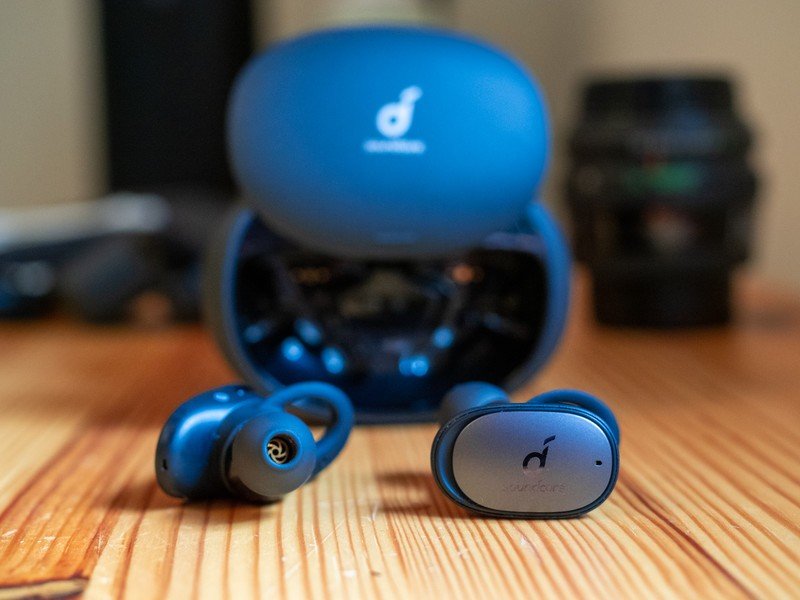
The good news is that most high-quality (and even some cheap ones!) Bluetooth headphones support aptX, and aptX HD is becoming more popular. Same with your phone — if you bought it in the last few years, it probably supports aptX and might support aptX HD. You can also go the Sony route, and as long as your phone shipped with Android 8 or higher, LDAC is supported on both ends.
Most Bluetooth headphones sound better than the best did 5 years ago.
Advancements in DAC and amplifier design make it so most Bluetooth headphones are built to take the signal and make the best sound possible from it. Even a cheap pair of earbuds has a DAC/amp combo that's better than anything you could buy five years ago.
All you really need to do is make sure your phone and your headphones support the right codec and find a high-quality source of audio to play or stream, and you're probably going to love the way it sounds!

Jerry is an amateur woodworker and struggling shade tree mechanic. There's nothing he can't take apart, but many things he can't reassemble. You'll find him writing and speaking his loud opinion on Android Central and occasionally on Threads.
